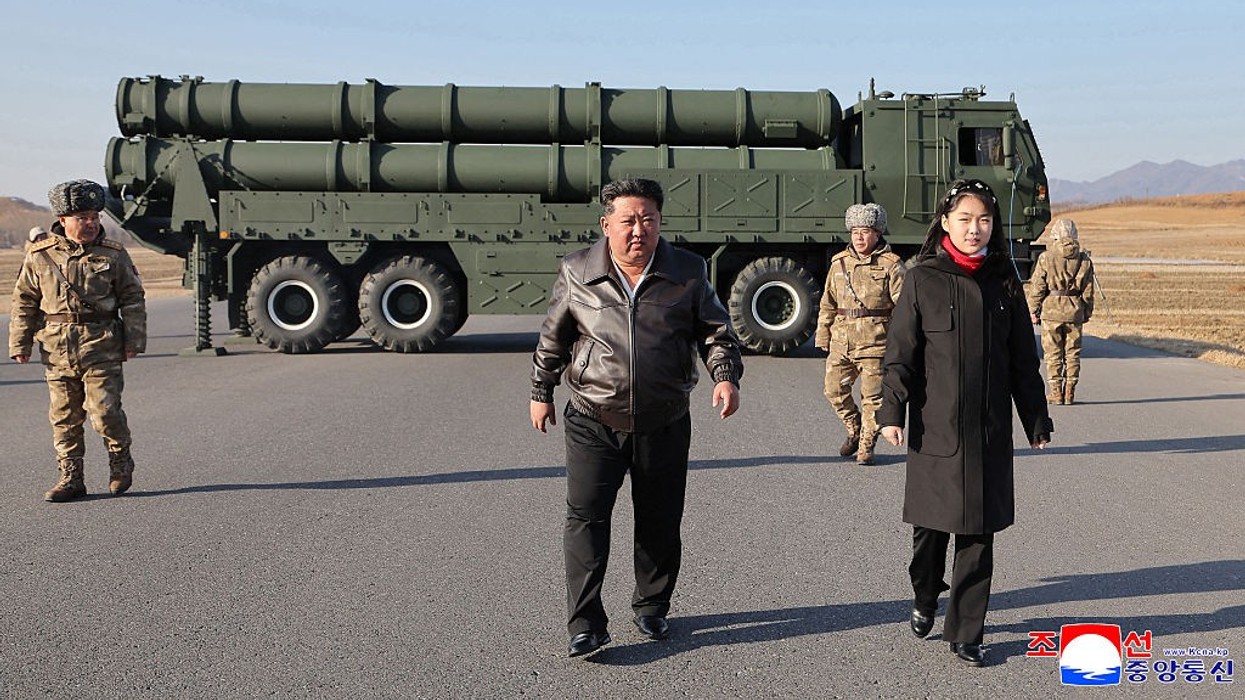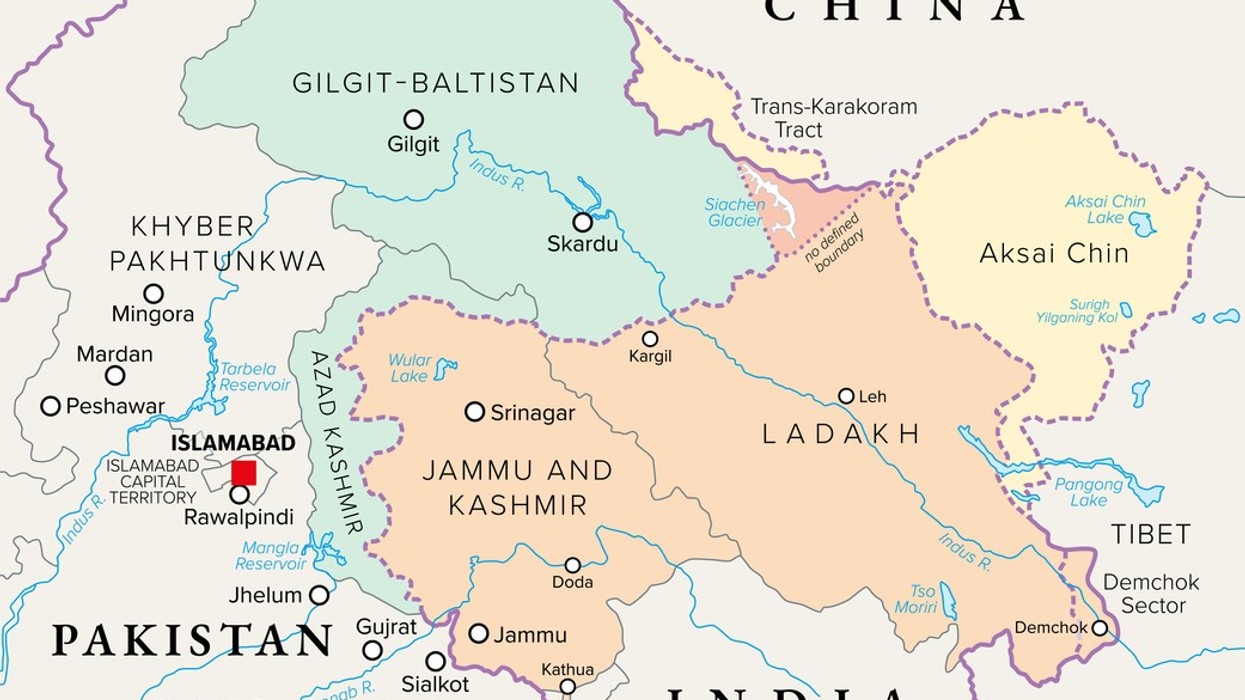Group Captain Subhanshu Shukla of the Indian Air Force has made history by becoming the first Indian in four decades to reach the International Space Station (ISS). Shukla’s journey, launched aboard the SpaceX Dragon spacecraft as part of the Axiom-4 mission, marks a revival of India’s human spaceflight legacy, last seen with Rakesh Sharma’s iconic mission in 1984.
Launch and International Collaboration
The launch, which took place at 12:01 pm IST on Wednesday (25), is a milestone in India’s growing role in the global space community. Shukla’s participation highlights the increasing collaboration between Indian defense personnel and private space companies such as SpaceX and Axiom Space.
The mission carried four astronauts, with Shukla representing India’s renewed presence at the orbital outpost after nearly forty years. His selection came after rigorous training in both Russia and the United States, where he was prepared for ISS protocols, microgravity operations, and safety procedures.
Personal Reflections and National Pride
On the eve of his historic mission, Shukla shared an emotional message on Instagram, expressing gratitude to everyone involved and to his loved ones. He acknowledged the sacrifices made by his family, especially his partner Kamna Shubha, stating, “No one travels to space alone.” His heartfelt words resonated with many, capturing the emotional weight of his achievement and the collective pride of the nation.
The mission has sparked widespread admiration across India. Officials from the Ministry of Defence and the Department of Space hailed Shukla’s journey as both a strategic and emotional milestone.
It is seen as a symbol of India’s readiness to embrace the future of human spaceflight, even as the country’s own Gaganyaan mission remains in development. Shukla’s participation in a commercial spaceflight underscores India’s intent to collaborate with both public and private sectors to expand its human space exploration capabilities.
Scientific Goals and International Recognition
During his week-long stay at the ISS, Shukla will focus on research in biomedical sciences, particularly studying cardiovascular responses in space. This research, conducted in partnership with Indian and global institutions, is expected to yield valuable data for future long-duration missions.
Aerospace analysts have noted that Shukla’s selection by a leading private space company is a testament to the high standards of India’s military aviation training. One expert described the mission as “a strong vote of confidence in India’s human capital and space readiness.”
Renewing a Legacy and Inspiring the Future
The symbolism of Shukla’s mission is profound. Rakesh Sharma’s 1984 flight aboard a Soviet Soyuz spacecraft remains a cherished memory in Indian space history. Shukla’s journey renews that legacy for a new generation, with his story going viral on social media and inspiring countless young Indians. His emphasis on teamwork, family, and perseverance has struck a chord nationwide.
India’s space diplomacy has also evolved, with growing partnerships involving the United States, Japan, and France. Shukla’s mission reflects this broader geopolitical alignment and signals India’s readiness for deeper collaboration in the global space economy.
Shaping the Future from Orbit
Subhanshu Shukla’s mission is significant not only for its scientific and strategic dimensions but also for its message of inclusivity and global representation. As commercial space travel becomes more prominent, India’s active participation ensures a more equitable presence in the new era of space exploration. Shukla’s voice from the ISS carries the hopes and ambitions of a nation determined to help shape humanity’s future beyond Earth.















